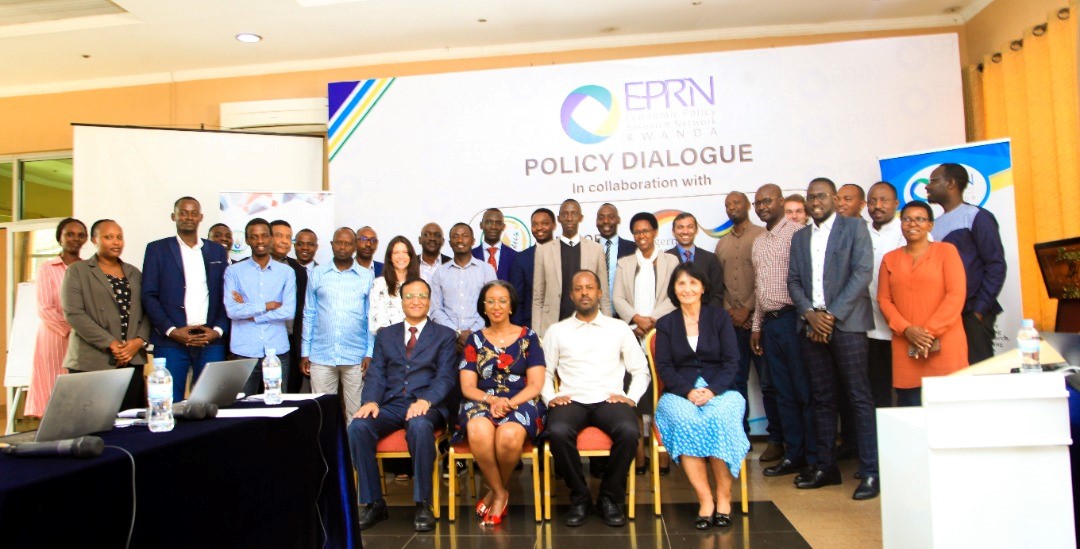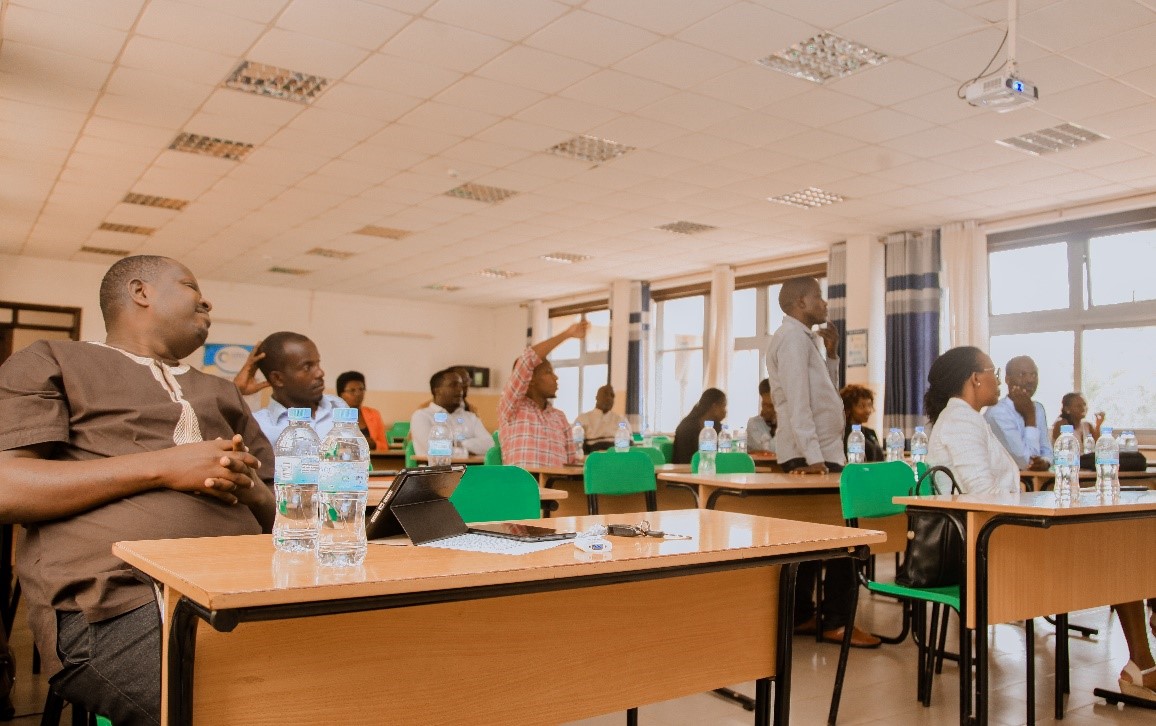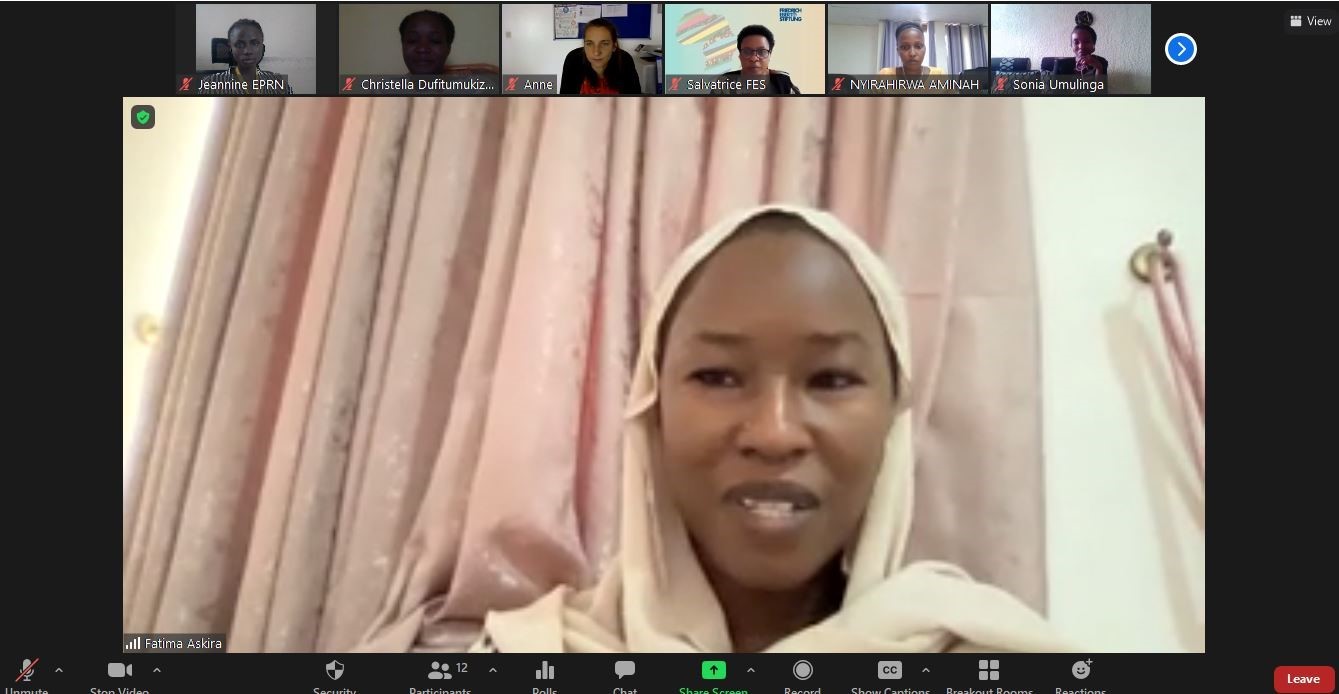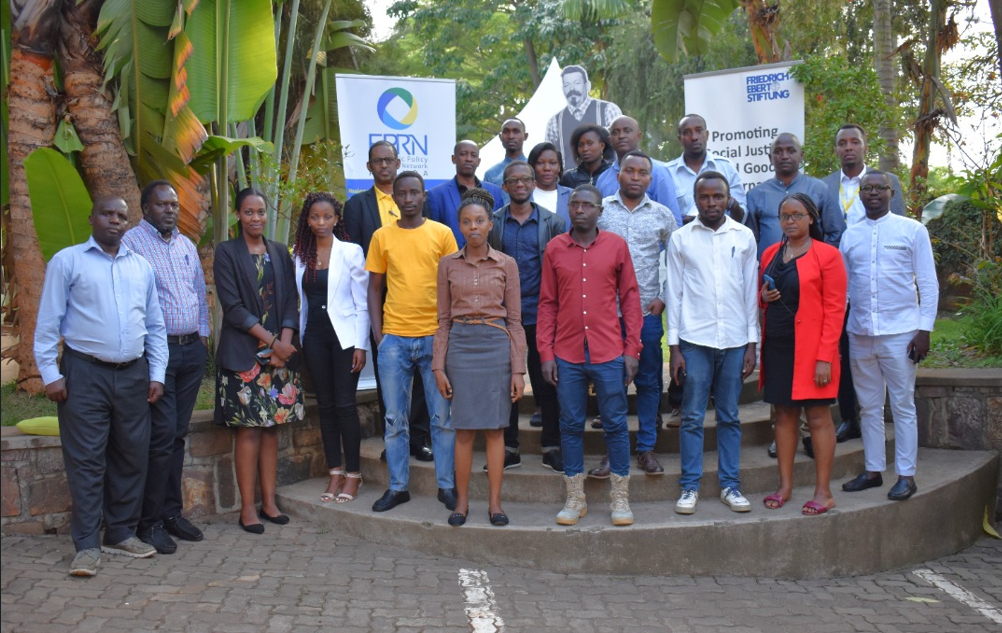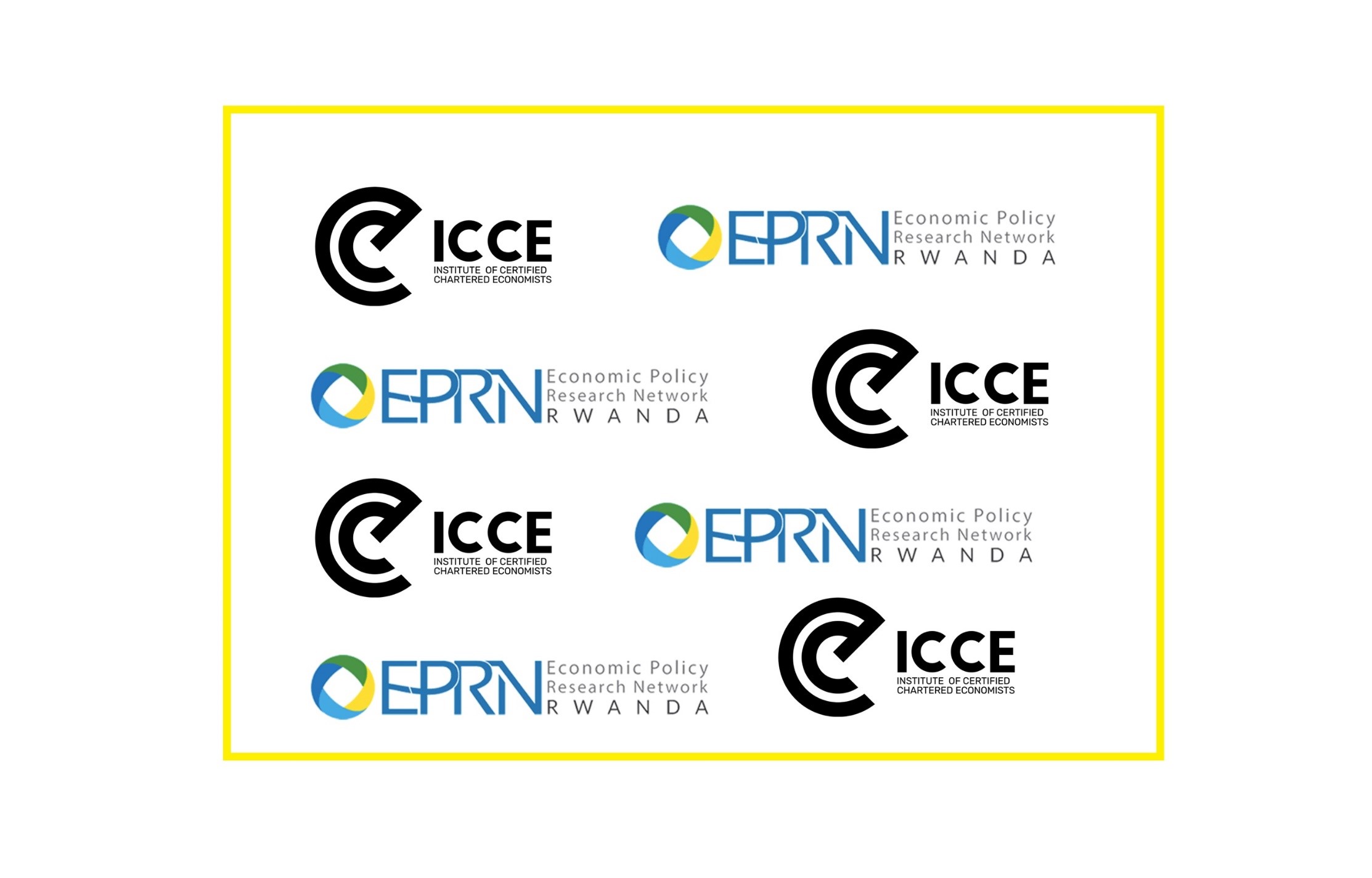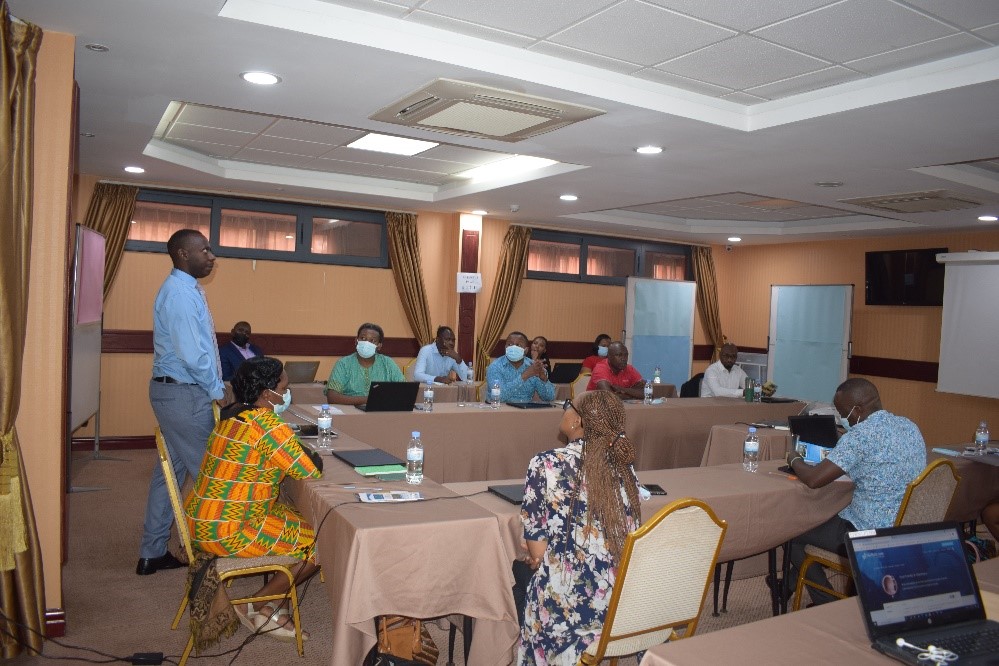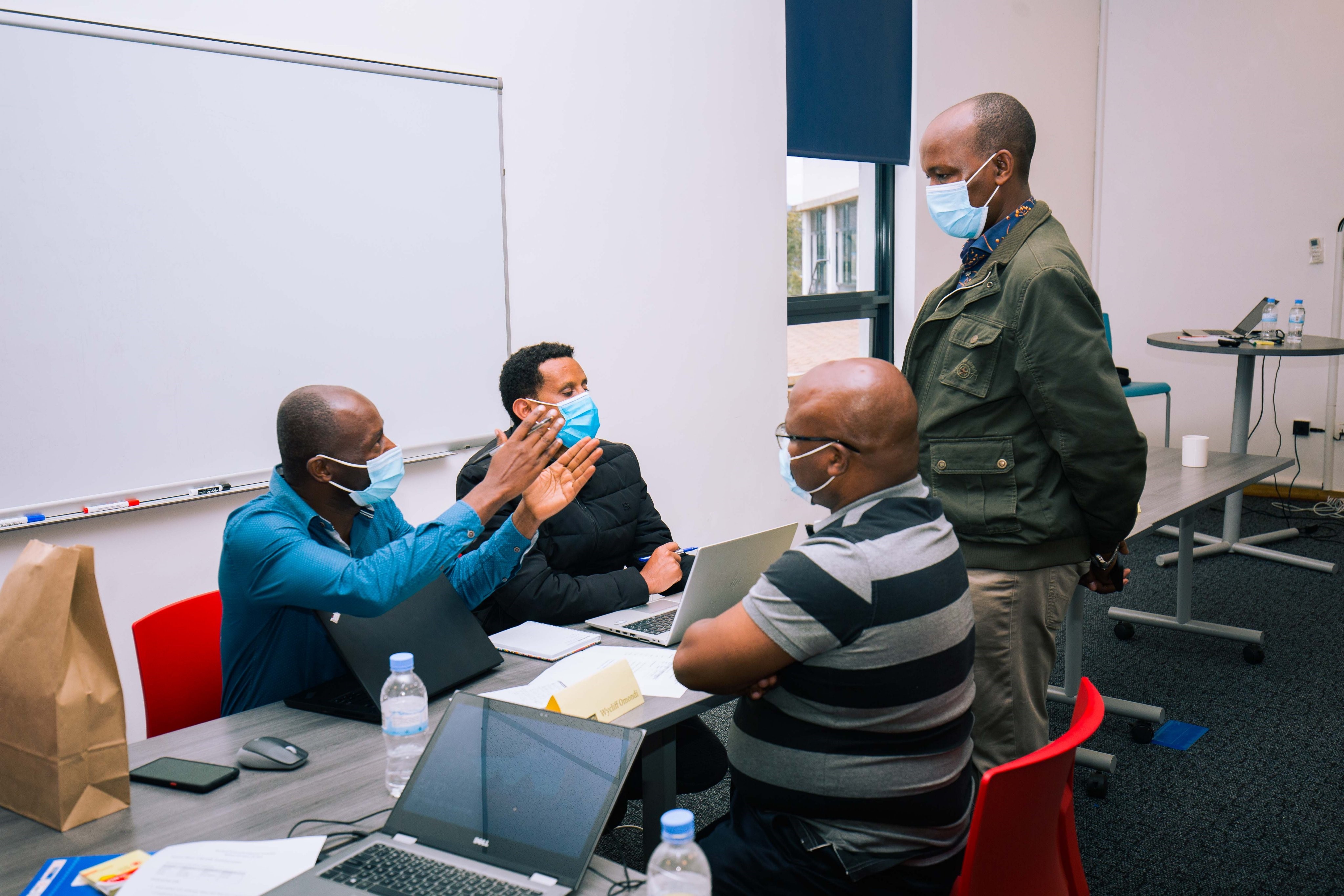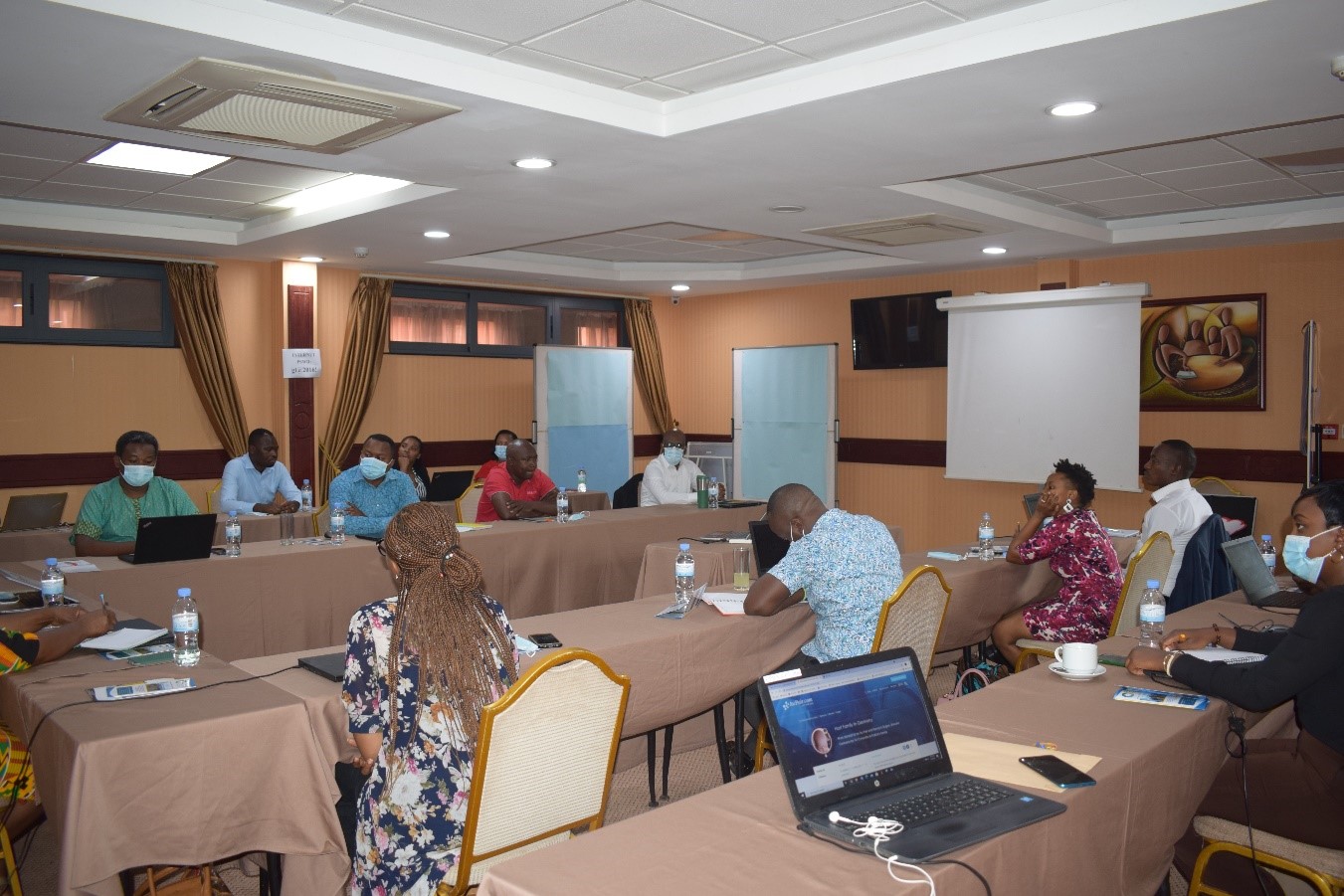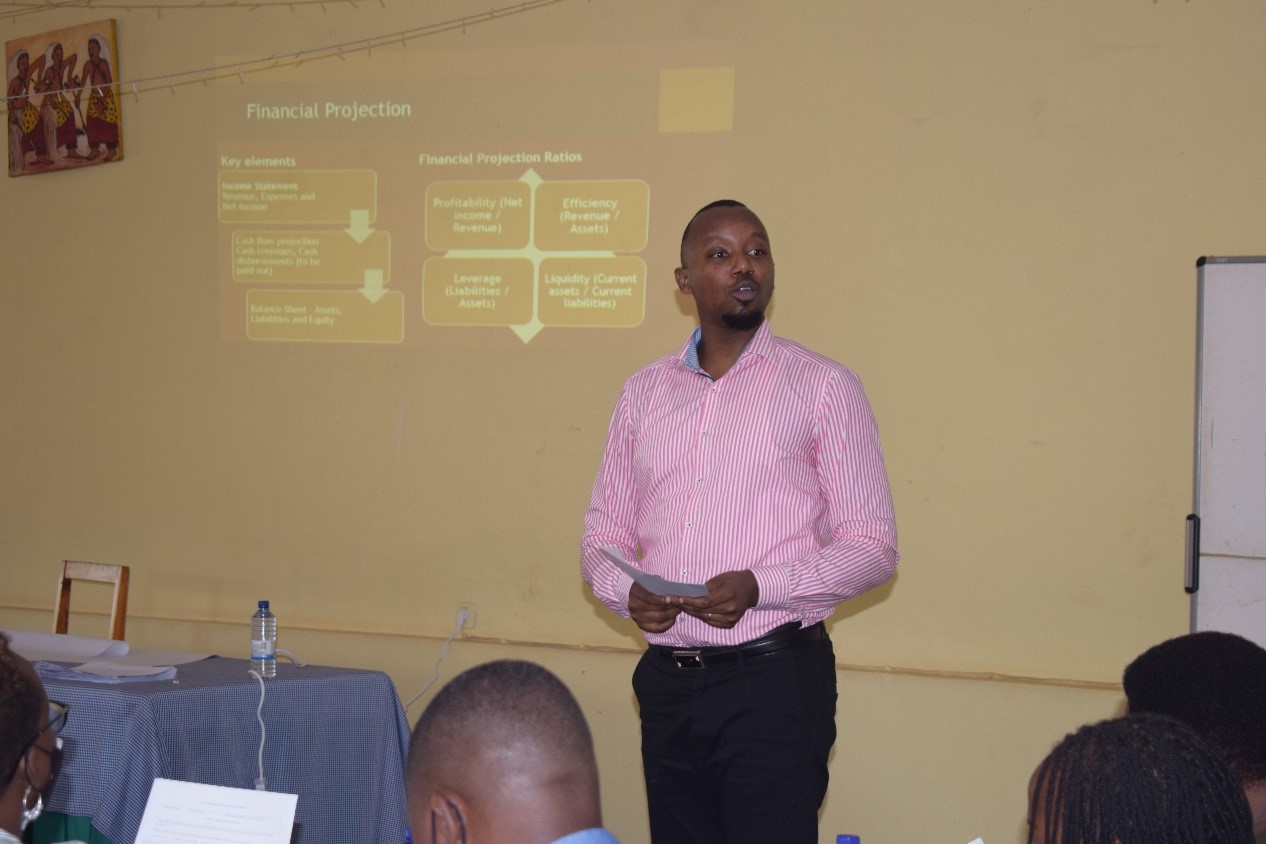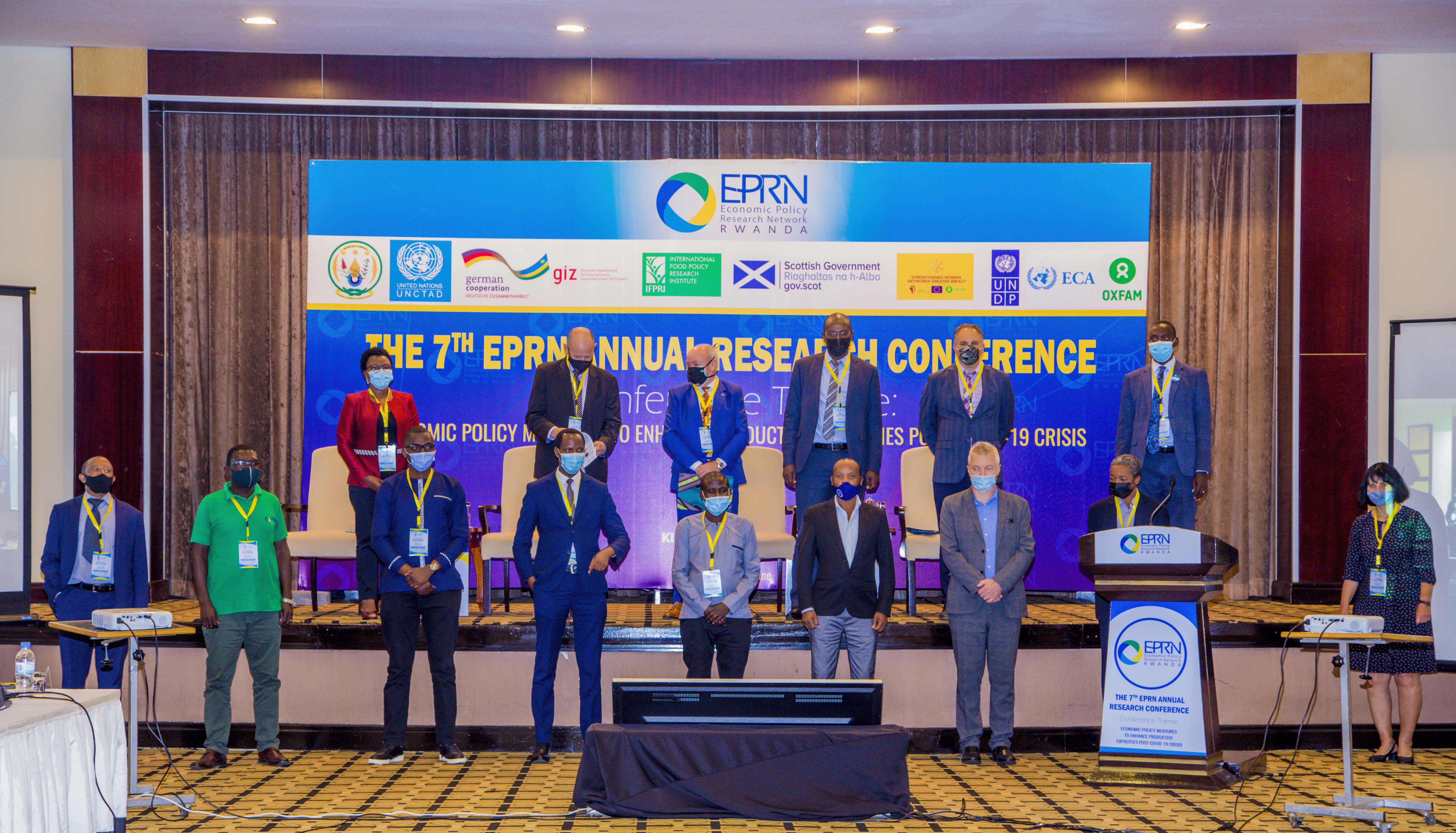Policy Dialogue on Boosting Domestic Savings in Rwanda
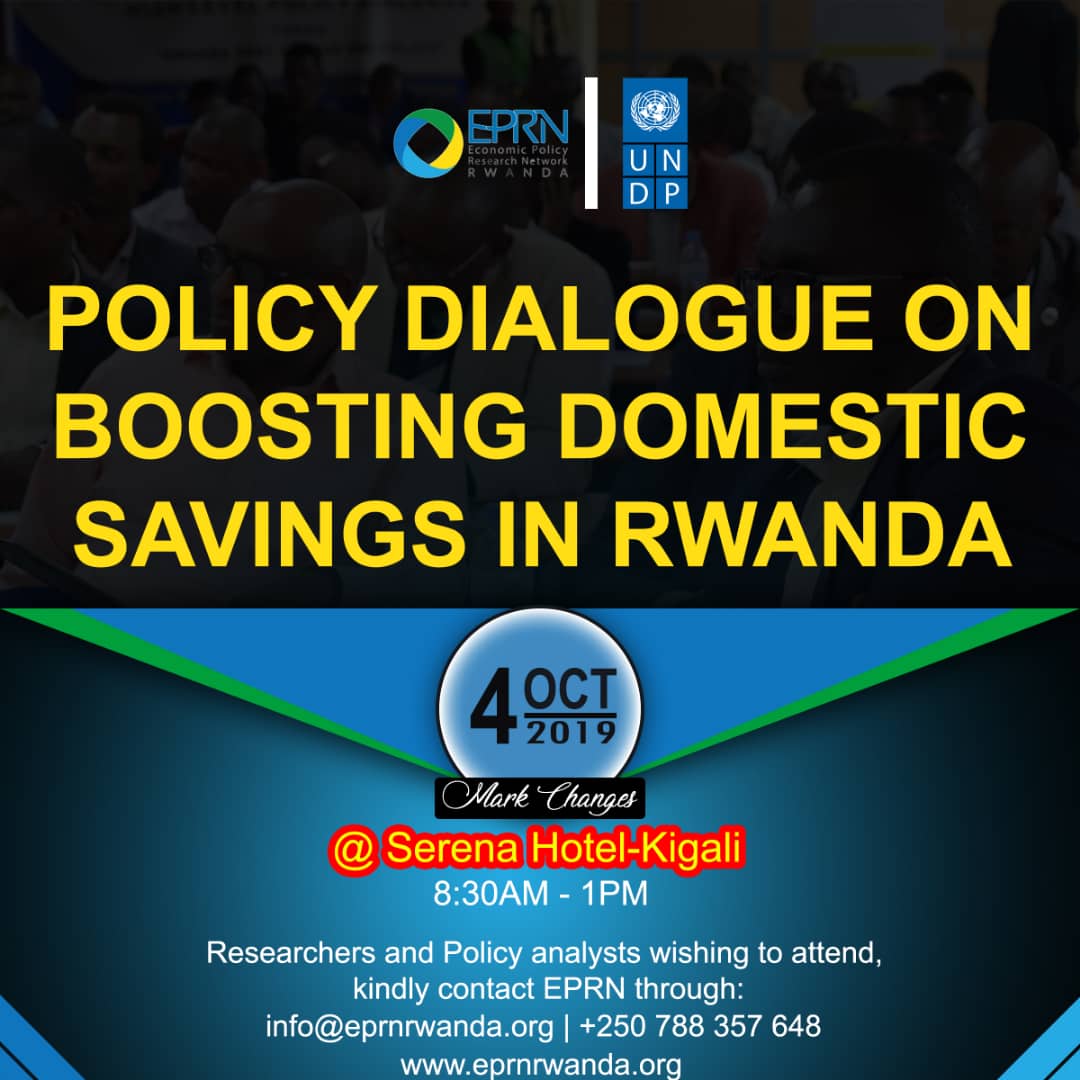
Organized by EPRN in collaboration with UNDP
Date and Venue : 4th October 2019 8:00AM-1:00PM @Kigali Serena Hotel
Concept Note for a Policy Dialogue on “Policy dialogue on Boosting Domestic Savings”
1. Background
African countries’ ability to finance a greater share of their development needs from domestic sources “would give them much-needed flexibility in the formulation and implementation of policies” to address development challenges, direct resources into high-priority areas and “strengthen state capacity,” finds a 2007 UNCTAD report, Economic Development in Africa : Reclaiming Policy Space, Domestic Resource Mobilization.
The Report also indicates that there are many reasons for Africa’s low savings rates, including inadequate financial services, physical distance from banking institutions and high minimum deposit and balance requirements mean that the majority of the population does not get access to banking services.
The growth of any economy depends on capital accumulation, which in turn depends on investment and an equivalent amount of savings to match it. Two of the most important issues in development economics and for developing countries are how to stimulate investment and increase the level of saving to fund increased investment. Understanding the determinants of the aggregate savings rate is a crucial prerequisite in designing a number of policy interventions ; from the design of the tax and social security system to the layout of financial markets regulations. It is therefore not surprising that the analysis of saving behaviour has become one of the central issues in empirical macroeconomics.
Domestic savings are generally classified in three types, such as, voluntary savings, involuntary savings & forced savings. Voluntary saving relates to voluntary abstinence from consumption by private individuals out of personal disposable income and by companies out of profits. Involuntary savings is brought through involuntary reductions in consumptions. Forced Saving comes as a result of rising prices and the reduction in real consumption. Depending on time frame also, the savings can be categorised as short, medium and long-term savings. Savings can also be from foreign and domestic sources, from the private public sources and at the individual and institutional level.
The macroeconomic framework for NST1 requires an average GdP growth of 9.1% over the NST1 period for the country to remain on its path of economic transformation. This will require considerable efforts in boosting private and public investment financed by domestic savings and capital inflows…(National Strategy for Transformation 1)
The NST 1 stipulates that through financial sector development, including the introduction of innovative savings mobilization schemes, the private domestic savings rate is projected to increase from 12.1% in 2017 to 23.9% in 2024. This will provide domestic resources to help finance the expansion of investment, while also encouraging a gradual increase in the share of private domestic savings in private investment financing. Furthermore, these domestic savings will reduce Rwanda’s reliance on foreign financing and keep indebtedness sustainable. Despite these large increases in savings, consumers will still be projected to experience real private consumption growth averaging 7.6% per year from 2017 to 2024.
To create a shared understanding on the factors affecting domestic saving in Rwanda as well as defining key recommendations to boost domestic finding, the Economic Policy Research Network (EPRN) in collaboration with the United Nations Development Programme (UNDP), is organizing a policy dialogue/debate about Domestic Savings.
This is in line with implementing the existing Memorandum of Understanding signed in March 2019 between the two organizations.
2. Objective
The Dialogue will focus on brainstorming on current status about domestic saving and required coordination to encourage Rwandans to embrace a savings culture especially long term which will support investment for economic growth in the country resulting into higher productivity and wealth not only to individual and household but also to the country at large. The outcomes of the discussion will be instrumental in informing and defining the scope of new research initiative on the topic of domestic saving towards an inclusive sustainable growth and inform policy making.
3. Participants
100 participants are expected to this policy dialogue : officials from public institutions, private sector, academicians, NGOs/CSOs, Development Partners, Embassies, EPRN Members/Researchers and Media Houses.
4. Date and Venue
This event is scheduled on 4th October 2019 at Kigali Serena Hotel
5. Agenda
| Time | Activity | Responsible |
| 8:30 - 9:00 | Registration | EPRN |
| 9:00 - 9:15 | Opening remarks | EPRN- Chairperson UNDP- Resident Representative Economic Advisor-MINECOFIN (TBC) |
| 9:45-10:30 | Presentation of UNDP’s Domestic Saving Study | Consultant-UNDP |
| 10:30-10:50 | Coffee Break | |
| 10:50-11:50 | Panel discussion :
|
Moderator : Chief Economist-MINECOFIN (TBC)
|
| 11:50- 12:20 | Q&A | All |
| 12:20-12:30 | Closing remark | Guest of Honor (MINECOFIN) |
| 12:30 | Lunch | All |





